Articles by Jason M. Broderick
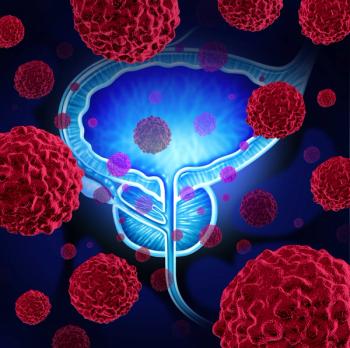
Theranostics may fill an unmet need for a group of patients with high-risk localized prostate cancer, but more research is needed to identify how oncology providers can integrate it with the standard treatments, according to an expert from the University of Texas MD Anderson Cancer Center.

Patients with prostate cancer who experienced an increase in prostate-specific antigen level after radical prostatectomy appeared to benefit from a short course of androgen deprivation therapy after post-operative immediate salvage radiotherapy.
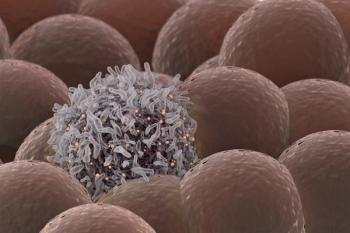
Data from the phase 3 SPOTLIGHT trial indicated that 18F-rhPSMA-7.3 PET yielded a positive detection rate in patients with recurrent prostate cancer, and increased along with prostate-specific antigen level.
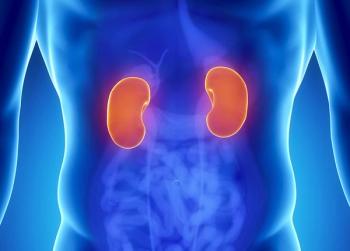
Findings from the phase 2 KEYNOTE-B61 trial demonstrated promising efficacy with a combination of pembrolizumab and lenvatinib in the frontline treatment of non–clear cell renal cell carcinoma.

Findings from the phase 3 PRESTO trial indicated that patients with high-risk biochemically recurrent prostate cancer may derive benefit from treatment with androgen deprivation therapy intensification and apalutamide.
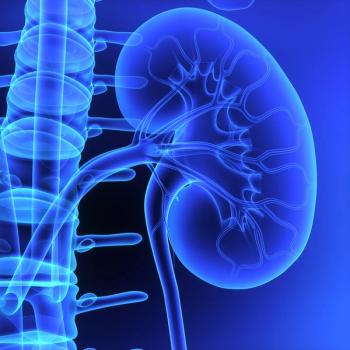
Data from the phase 3 IMmotion010 trial revealed no benefit of adjuvant atezolizumab vs placebo for resectable renal cell carcinoma.

A post-hoc analysis of the phase 3 TITAN trial revealed potential biomarkers that may predict overall survival in patients with metastatic castration-resistant prostate cancer receiving apalutamide plus androgen deprivation therapy.
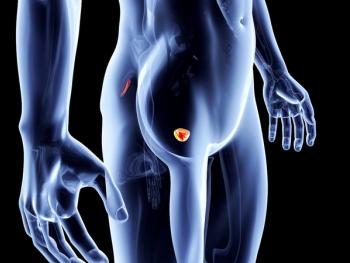
Data presented at 2022 ASCO reveals PET-imaging characteristics linked with 177Lu-PSMA-617 efficacy in metastatic castration-resistant prostate cancer.

A manageable safety profile and good clinical activity were observed with toripalimab in Chinese patients with urothelial carcinoma.

Results of the COSMIC-021 trial presented at ASCO 2022 show promise of cabozantinib plus atezolizumab for urothelial carcinoma.
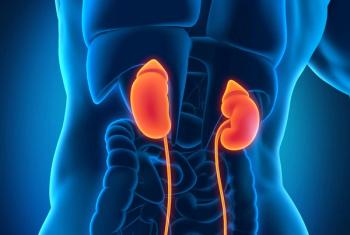
Interim results from the phase 2 PADRES trial demonstrated that partial nephrectomy may be possible for a subgroup of patients with clear cell renal cell carcinoma with complex masses who received neoadjuvant axitinib.
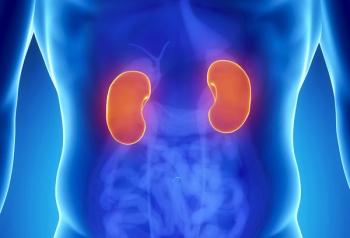
Data from the NeoAvAx trial presented at 2022 ASCO GU show potential for neoadjuvant avelumab plus axitinib for high-risk, non-metastatic clear-cell renal cell carcinoma.
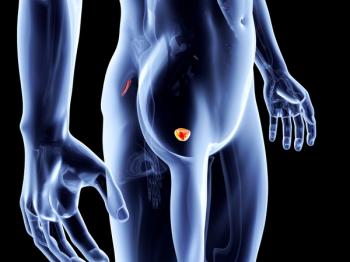
Patients with metastatic castration-resistant prostate cancer were observed to have a tolerable safety profile when treated with darolutamide.

Atezolizumab plus cabozantinib showed significant activity for patients with high-risk metastatic castration-resistant prostate cancer.

Notable declines in prostate-specific antigen levels were seen in patients with castration-resistant prostate cancer who received olaparib coupled with bipolar androgen therapy.

Despite failure to reach the primary end point of statistically significant overall survival benefit, TAK-700 plus androgen-deprivation therapy for metastatic hormone-sensitive prostate cancer may be a valid treatment option for some patients.
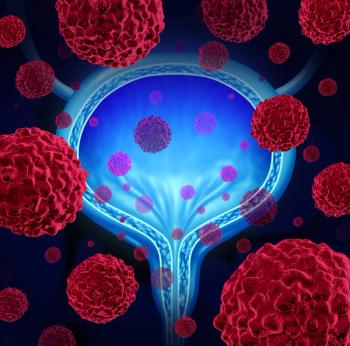
As a bladder-sparing treatment strategy, transurethral resection of the bladder tumor with nivolumab and chemotherapy showed promise for patients with muscle-invasive bladder cancer.

As frontline therapy, pembrolizumab plus axitinib led to a statistically significant survival benefit over standard-of-care therapy, according to data presented at the 2021 ASCO Annual Meeting.

A 40% reduction in the risk of death was observed when 177Lu-PSMA-617A was added to standard of care therapy in patients with PSMA-positive metastatic castration-resistant prostate cancer.

Scott T. Tagawa, MD, considers data for the novel PSMA-targeted radiopharmaceutical 177Lu-PSMA-617.

Patients with germline and/or homozygous tumor DNA damage response alterations among male patients with heavily pretreated metastatic castration-resistant prostate cancer were most likely to respond to treatment with the PARP inhibitor talazoparib.

Maintaining a healthy lifestyle mitigated the genetic risk for lethal prostate cancer in men with high genetic risk.
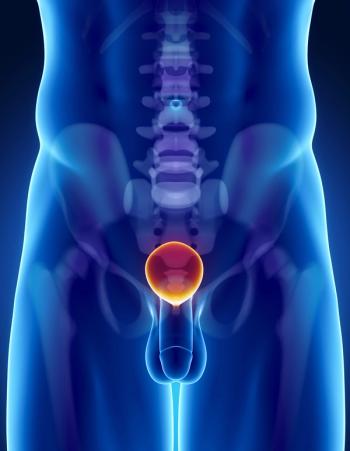
During a presentation at the 14th Annual New York GU Interdisciplinary Prostate Cancer Congress® and Other Genitourinary Malignancies, Scott T. Tagawa, MD, reviewed important findings related to radium-223 and its use in patients with castration-resistant prostate cancer.
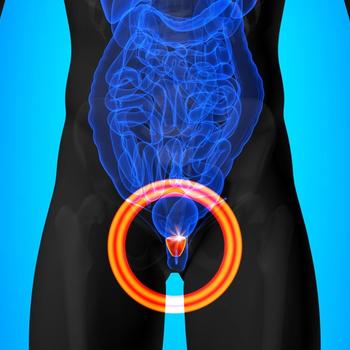
Findings from the phase 3 CONDOR trial support the use of the PSMA PET imaging agent 18F-DCFPyL as the FDA prepares to make a decision on a new drug application regarding its use.

For patients with chemotherapy-naïve metastatic castration-resistant prostate cancer receiving androgen deprivation therapy, abiraterone acetate and prednisone plus the addition of apalutamide reduced the risk of radiographic progression or death by 30%.

Data for a key study secondary outcome measure showed that 56.1% of patients who achieved a complete response to Jelmyto maintained that response at 12 months.
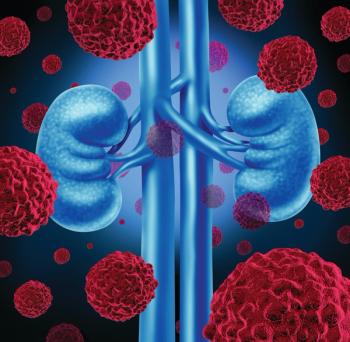
Researchers identified the prevalence of germline mutations associated with the early-onset renal cell carcinoma, as well as clinicopathologic factors linked to an increased risk of carrying these mutations.

A phase 2 study found that the investigational HIF-2α inhibitor MK-6482 has durable efficacy in patients with Von Hippel-Lindau associated clear cell renal cell carcinoma and non-renal lesions.

“Providers should consider using BLC for surveillance of high-risk NMIBC patients undergoing BCG as it could change clinical management by identifying patients who are BCG unresponsive and eligible for alternative therapy and clinical trials,” said Meera Chappidi, MD.

The efficacy of the novel intravesical gene-mediated therapy nadofaragene firadenovec was sustained across subgroups of patients with high-grade, BCG-unresponsive non-muscle invasive bladder cancer.

























